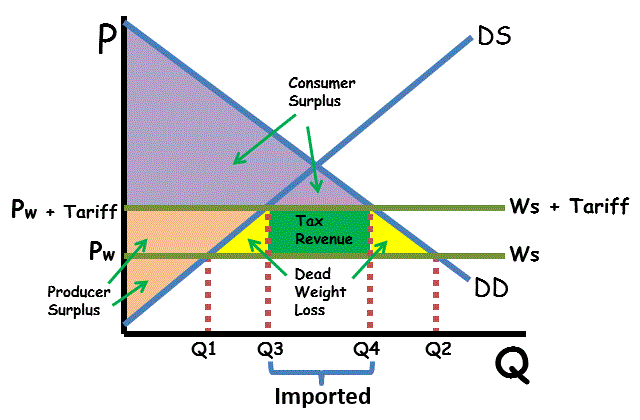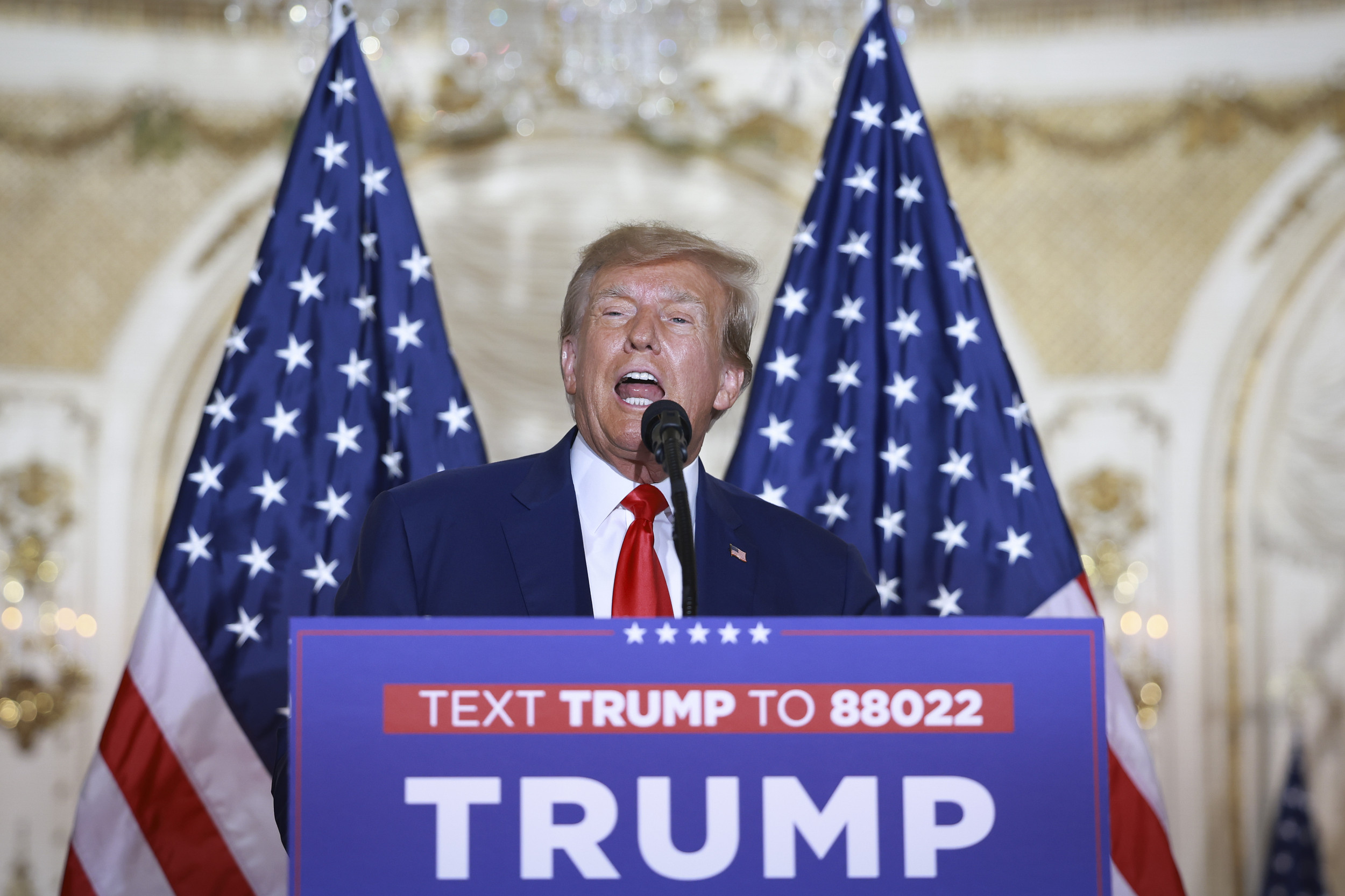China's Impact On BMW And Porsche Sales: Market Headwinds For Luxury Brands

Table of Contents
Economic Slowdown and its Impact on Luxury Car Purchases in China
The Chinese economy, while still growing, has experienced a slowdown in recent years. This has significantly impacted consumer confidence and spending, directly affecting the luxury car market.
Decreasing Consumer Confidence and Spending
- Reduced Disposable Income: Economic slowdowns lead to reduced disposable income for many Chinese consumers. Luxury goods, including high-end vehicles, are often the first to be cut from budgets during periods of economic uncertainty. Reports from the National Bureau of Statistics of China consistently show fluctuations in consumer spending correlating with economic growth rates.
- Increased Unemployment: Rising unemployment further exacerbates the issue, limiting consumer spending power and reducing demand for luxury vehicles. This is particularly true for younger generations who may be more vulnerable to job losses in a shifting economy.
- Government Policies: Government policies aimed at curbing excessive spending and promoting domestic brands also play a role. These initiatives, while intended to foster domestic economic growth, can inadvertently impact the sales of foreign luxury brands.
Shifting Consumer Priorities: From Luxury Goods to Essential Spending
Economic uncertainty is shifting consumer priorities in China. Consumers are increasingly prioritizing essential spending over luxury purchases.
- Prioritizing Essentials: With economic anxieties, consumers are more likely to allocate resources towards housing, education, and healthcare, leaving less disposable income for luxury items like cars.
- Experiences over Possessions: Younger generations in China, in particular, are increasingly prioritizing experiences and investments over material possessions. This shift in mindset is impacting demand across the luxury goods sector, including automobiles. They are more likely to invest in travel, education, or personal development than in luxury car purchases.
Increased Competition from Domestic and International Brands
The Chinese luxury car market is becoming increasingly competitive, with both domestic and international brands vying for market share.
The Rise of Chinese Luxury Car Brands
The rise of Chinese luxury car brands like Nio, Li Auto, and XPeng is a significant factor impacting BMW and Porsche's sales.
- Technological Advancements: These domestic brands often offer technologically advanced features, including cutting-edge electric vehicle technology and advanced driver-assistance systems, at competitive price points.
- Government Support: Government support for domestic auto manufacturers provides these brands with a significant competitive advantage, bolstering their production and marketing efforts. This includes subsidies, tax breaks, and preferential treatment in government procurement.
Aggressive Strategies from International Competitors
Other international luxury brands are also aggressively competing for market share in China.
- Tesla's Success: Tesla's significant success in the Chinese market demonstrates the potential for international brands to thrive, particularly those focusing on electric vehicles and appealing to younger demographics.
- Competitive Pricing and Marketing: International competitors are adopting aggressive pricing strategies and targeted marketing campaigns to attract Chinese consumers. This necessitates a constant reassessment of pricing and promotional strategies by BMW and Porsche to remain competitive.
Evolving Consumer Preferences and Technological Advancements
Changing consumer preferences and rapid technological advancements are further shaping the Chinese luxury car market.
Demand for Electric Vehicles and New Energy Vehicles (NEVs)
The demand for electric vehicles (EVs) and New Energy Vehicles (NEVs) is rapidly increasing in China.
- Government Incentives: Government incentives and regulations promoting NEV adoption are driving this shift, making EVs increasingly attractive to consumers.
- BMW and Porsche's EV Transition: BMW and Porsche are transitioning to EVs, but the pace of this transition needs to align with the rapidly growing demand for electric vehicles in the Chinese market.
Focus on Technological Features and Digital Connectivity
Chinese consumers place a high value on advanced technological features and digital connectivity in their vehicles.
- Advanced Technology Features: Features such as autonomous driving capabilities, sophisticated infotainment systems, and advanced driver-assistance systems are crucial for attracting buyers.
- Adapting to Preferences: BMW and Porsche must adapt their offerings to meet these evolving preferences to remain competitive. This involves incorporating the latest technologies and focusing on user experience and digital integration.
Conclusion: Overcoming Market Headwinds for Luxury Brands in China
BMW and Porsche face significant challenges in the Chinese market, including an economic slowdown, increased competition from domestic and international brands, and evolving consumer preferences. The Chinese market remains crucial for luxury brands, but success necessitates adaptation and a nuanced understanding of the evolving market dynamics. To stay competitive in this dynamic landscape, luxury brands must continue to innovate, adapt to evolving consumer preferences, and develop effective strategies to navigate the complexities of the Chinese market. Further research into factors like "China luxury car market," "BMW China sales," "Porsche China strategy," "market headwinds for luxury brands," and "navigating the Chinese automotive market" is crucial for understanding the long-term prospects of luxury brands in China.

Featured Posts
-
 Koninklijk Draagvlak Groeit 59 Van Nederlanders Steunt De Monarchie
Apr 26, 2025
Koninklijk Draagvlak Groeit 59 Van Nederlanders Steunt De Monarchie
Apr 26, 2025 -
 Colgates Financial Report Tariff Impact On Sales And Profits
Apr 26, 2025
Colgates Financial Report Tariff Impact On Sales And Profits
Apr 26, 2025 -
 Feeling The Mississippi Delta The Cinematography Of Sinners
Apr 26, 2025
Feeling The Mississippi Delta The Cinematography Of Sinners
Apr 26, 2025 -
 Verret Completes Delivery Of Mv Callaway Parker To Ptc
Apr 26, 2025
Verret Completes Delivery Of Mv Callaway Parker To Ptc
Apr 26, 2025 -
 Trumps Ukraine Strategy Hampered By Russian Resistance
Apr 26, 2025
Trumps Ukraine Strategy Hampered By Russian Resistance
Apr 26, 2025
